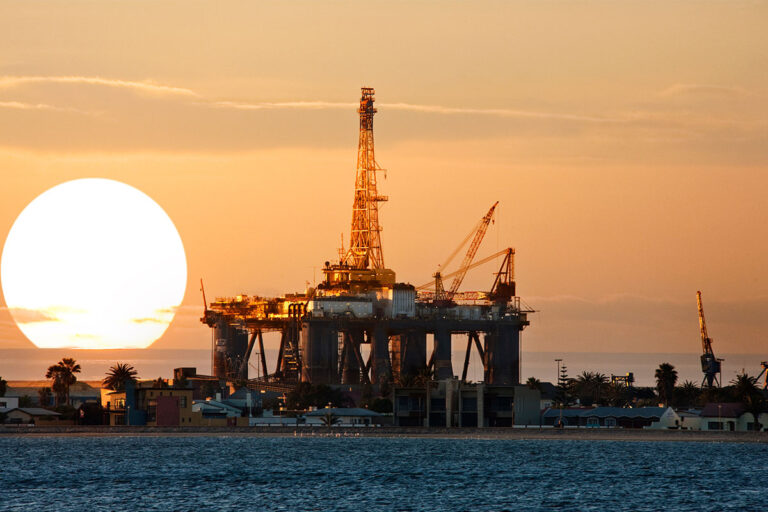This year, the oil sector was marked by falling prices, despite fears of supply disruptions and tensions in the Middle East. North Sea Brent and US WTI both recorded declines, with prices ending at $77.04 and $71.65 respectively. Analysts like Exinity’s Han Tan point out that the geopolitical risk premium has already been factored into prices, mitigating the impact of regional tensions.
European Natural Gas down sharply
The European natural gas market ended the year on an even gloomier note. The Dutch TTF futures contract fell by 4.59% to 32.095 euros per megawatt-hour. This drop is attributed to weaker-than-expected European gas demand, despite the recent cold snaps. DNB analysts note that high storage levels in Europe and a warmer-than-normal winter have contributed to this trend.
Sector Analysis and Outlook
Oil and gas markets were influenced by a series of factors in 2023. OPEC+ reduced its production, but this was not enough to stimulate the appetite for oil. Geopolitical tensions, in particular the Hamas offensive against Israel, initially raised concerns, but did not significantly disrupt supplies. Disagreements within OPEC+ and the group’s loss of power also left investors skeptical.
While 2023 ended on mixed notes for the energy sector, fluctuations in oil and natural gas prices testify to the complexity and uncertainty that now characterize the market. These trends, influenced by a range of geopolitical and economic factors, remind industry players of the importance of strategic intelligence and adaptability in the face of a constantly changing environment. This year serves as a reminder that when it comes to energy, yesterday’s certainties are not necessarily tomorrow’s realities.






















